Joe Gorman is a journalist and author. His first book, The Death and Life of Australian Soccer, was hailed as ‘one of the best and most important written on Australian sport’ by The Age, and long-listed for the 2017 Walkley Book Award. With the PFA, Joe will explore various issues impacting Australian football.
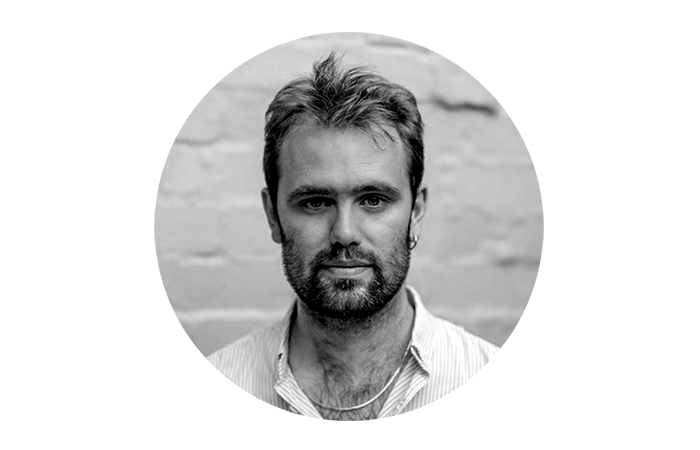
Words by Joe Gorman
Beattie Goad entered Matildas camp on Monday flustered after a long, multi-stop trip from Germany to Sweden. In the space of 24 hours, Goad had played for her club side in Freiberg, taken a six-hour train trip to Munich, flew into Gothenburg Airport and caught a two-hour taxi ride to Båstad, where the Australian team are based.
“I literally rolled my suitcase to training, changed quickly and then trained,” says Goad, who grinned through her lethargy as the reality of her surroundings quickly sank in. The 24 year-old, who made her national team debut last month, is starting to become accustomed to life as a Matilda.
“I’m only just coming to terms with it all,” she explains. “My first camp, I was a little bit overwhelmed, but now that I’m in a second camp, it’s cementing into my brain that, ok, I’m here and I deserve to be here. All my hard work has come to this point.”
Goad’s journey from high school W-League prodigy in 2014 to national team selection in 2021 has taken longer than some might have predicted. At 16, she became the youngest player to score a goal for Melbourne Victory and the youngest Victorian to play in a W-League grand final. At 18, as a member of Melbourne City’s “Invincibles” side that went through the 2015-16 season undefeated, she held her own alongside the likes of international players such as Lisa De Vanna, Jess Fishlock, Jennifer Beattie, Kim Little and Laura Brock.
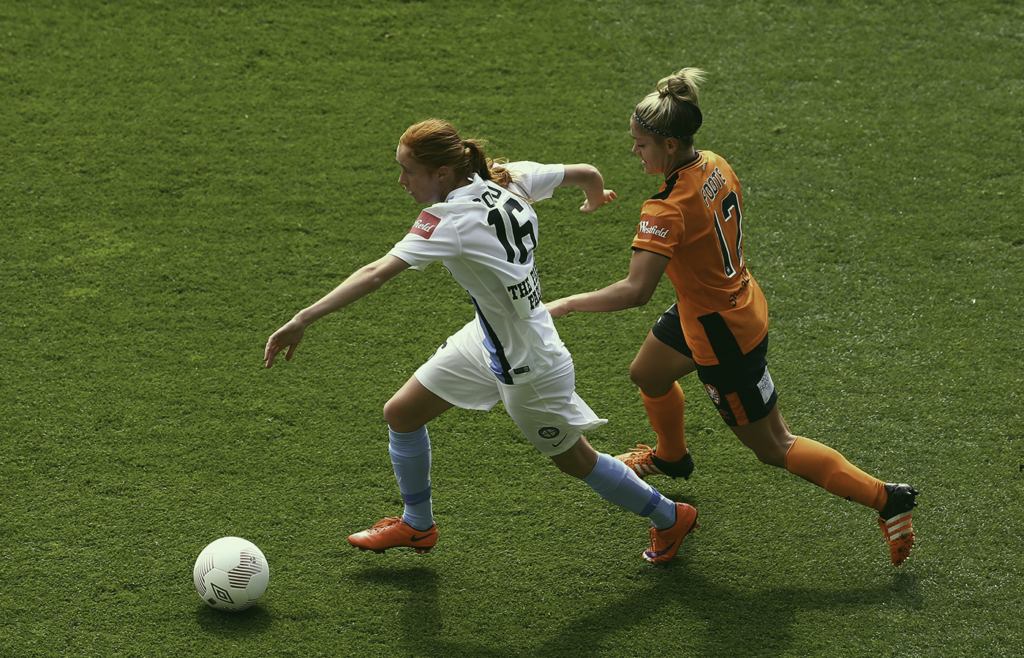
Rather than move to a professional club in the United States or Europe, in 2016 Goad chose to move to Stanford University on a four-year program. She knew, at the time, that signing for a college team wouldn’t be as highly regarded as a professional club. But she had also just completed Year 12 with a near-perfect score in the International Baccalaureate, earning her a spot in the top 1 per cent of students in Victoria.
College, she felt, would be the perfect place to pursue her academic and sporting dreams.
“I think the idea of going to college came from soccer,” recalls Goad. “I remember playing with Christine Nairn and Lauren Barnes at Melbourne Victory when I was 17, and they were praising college and praising the way that it would shape me as a person, as an academic and as a player. So it was through the soccer world that I was introduced to US college.”
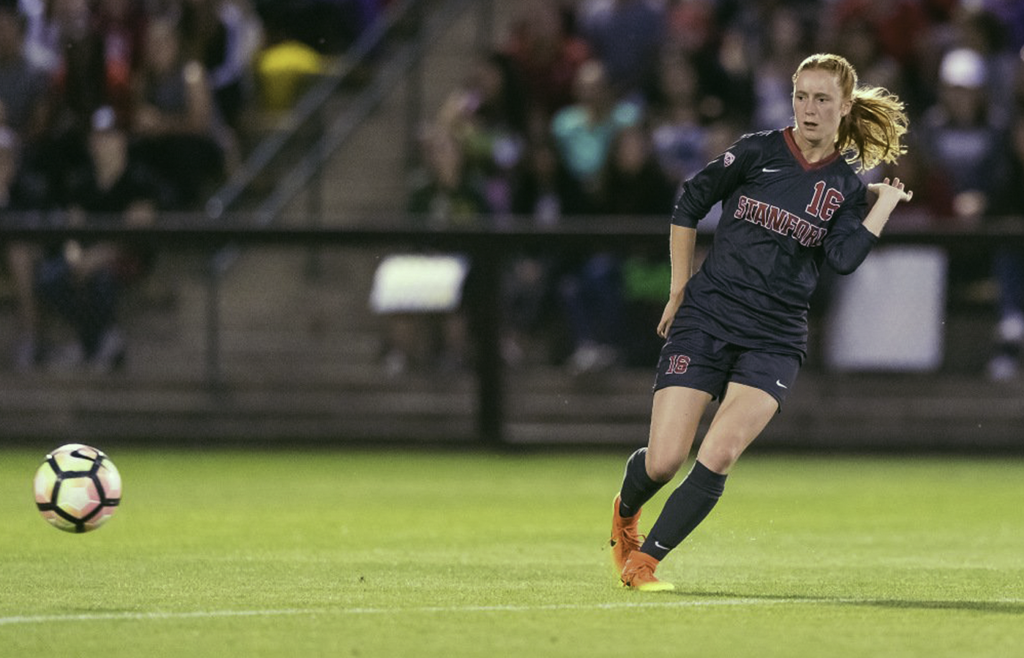
From 2016 to 2019, as Goad completed an undergraduate degree in Human Biology, women’s football in Australia took enormous strides in popularity, media coverage and public appreciation. The W-League players fought for and won better pay and conditions, including a minimum wage. The Matildas, led by the likes of Sam Kerr, Caitlin Foord, Steph Catley and Lydia Williams, beat the USA for the first time and became household names in Australia.
Goad, who was off the radar for those moments, has no regrets about her choice. “I know that might sound surprising,” she says, “but the way that college shaped me as a person off the field was incredible. Stanford is such an inspiring place, with such inspiring people, and I think I have just as high goals academically as I do in the sport world.
“Maybe I’m not your traditional soccer player, because academia is so important to me. Really weirdly, I love school! It helps me take my mind off soccer when I study, and so to get a really good degree at Stanford was something that I always wanted to do.”
At the beginning of 2020, as the Matildas began to migrate from the professional leagues of the US and Australia to major clubs in Europe, Goad was working full-time for DocMatter, a San Francisco healthcare start-up. The money was good – much better, in fact, than anything on offer in football.
But Goad knew a move to the Continent would take her football career to another level. She saw Sam Kerr go to Chelsea, Caitlin Foord sign for Arsenal and Hayley Raso join Everton. One of her former teammates at Stanford, Alana Cook, had signed for French club PSG.
“I decided, ok, I’m going to go to Germany and play,” says Goad, who signed for SV Meppen in August 2020. “I definitely wanted to come to Europe. The European leagues, in my eyes, are much more technical than the US pro leagues, and that suits my game a lot better.”
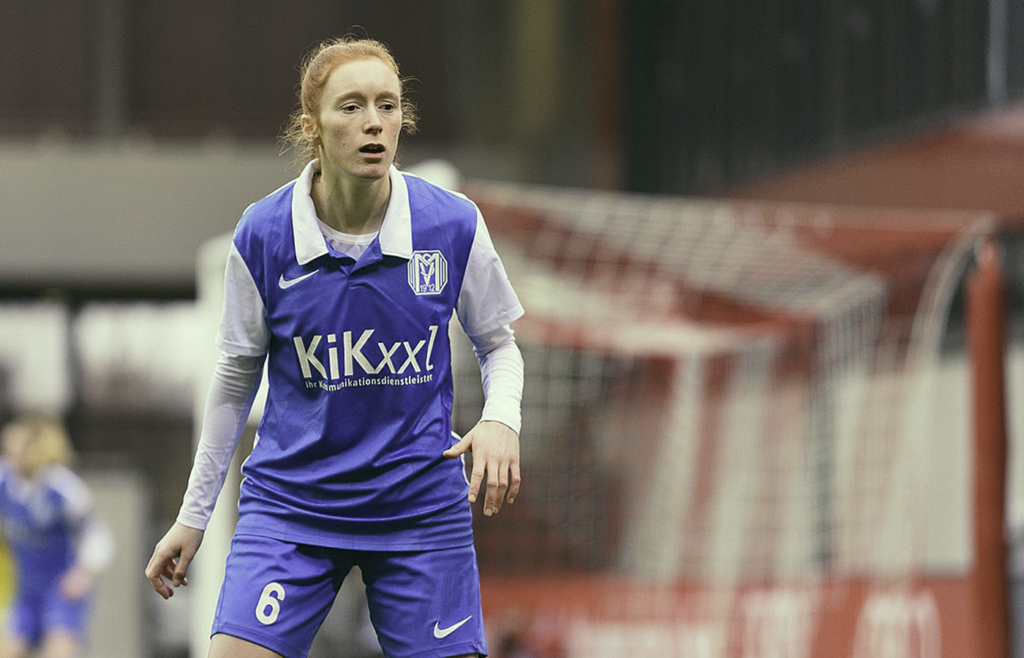
For the past nine months, Goad has held her starting spot at Meppen, learnt to speak German and worked remotely in her job back in the States. She also runs a medical anthropology blog, which houses her writing on subjects as diverse as the climate crisis, treatment for PTSD, the social and political meanings of wearing a mask, and feminism in Artificial Intelligence.
The bio on her blog reads: “professional soccer player and aspiring doctor”, indicating that the tension between her football career and her academic career remains unresolved.
“It’s something that I grapple with,” says Goad. “I still work part-time, which is something that I’ve been juggling, but I’m not studying currently. And I’m still sort of working for my lab that I worked at as an undergraduate at Stanford. So while I’m definitely focusing on football, there are still other things on my plate.
“I probably sound like the strangest footballer, but I want some sort of external project because it helps me unwind from soccer and focus on something else. And I just really like to be intellectually stimulated and achieve something off the field. I think this is something that I grew into in college: I really like to have an identity that’s not just soccer. There’s so many things in life that you can do, so why just settle for one thing?”
Goad’s commitment to the Matildas, though, is beyond reproach. She has wanted to be part of this squad for almost as long as she has been a footballer. As a young girl in Melbourne, she would set herself little tasks to complete in the park, gaming her brain to believe that if she completed a set drill, or juggled the ball a certain number of times, she would inevitably become a Matilda. She can laugh at the silliness of it whilst also recognising that her teenage dreams are now materialising.
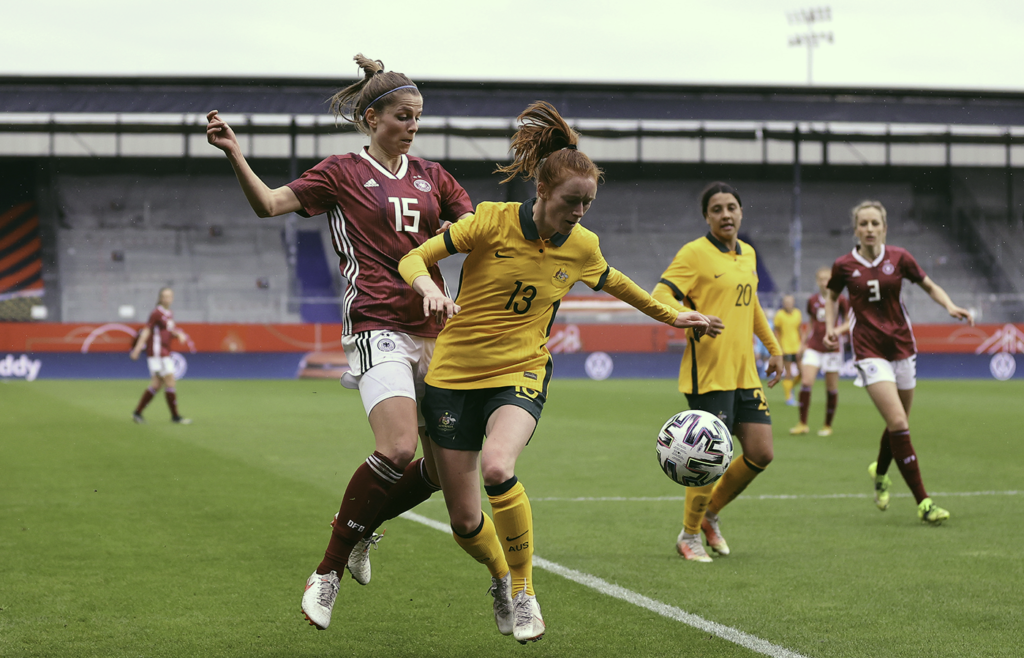
As Matildas coach Tony Gustavsson continues to familiarise himself with the squad, Goad is well placed to play at the Olympic Games next month and cement her spot in the team as the countdown to the 2023 World Cup in Australia and New Zealand begins. A move to a club in another European league – either Norway or Spain, Goad says – is also on the horizon. For the moment, perhaps, her postgraduate studies and a career in medicine can wait.
“I think I’m just going to see how things go in the next couple of years,” she says. “I have the credentials to go to medical school right now. But I think I’ll just ride this wave and see where it takes me.”
Read more of Joe Gorman’s work here:
📰 The Long Read by Joe Gorman: Australian football’s Indigenous engagement
📰 The Long Read by Joe Gorman: Wellington’s relocation
📰 The Long Read by Joe Gorman: Carroll Roar’s unsung hero
📰 The Long Read by Joe Gorman: Chasing records with Milos Degenek
📰 The Long Read by Joe Gorman: Reactivating the Sydney Derby
📰 “Enjoying the moment”: James Holland on his return to the Socceroos – The Long Read by Joe Gorman







